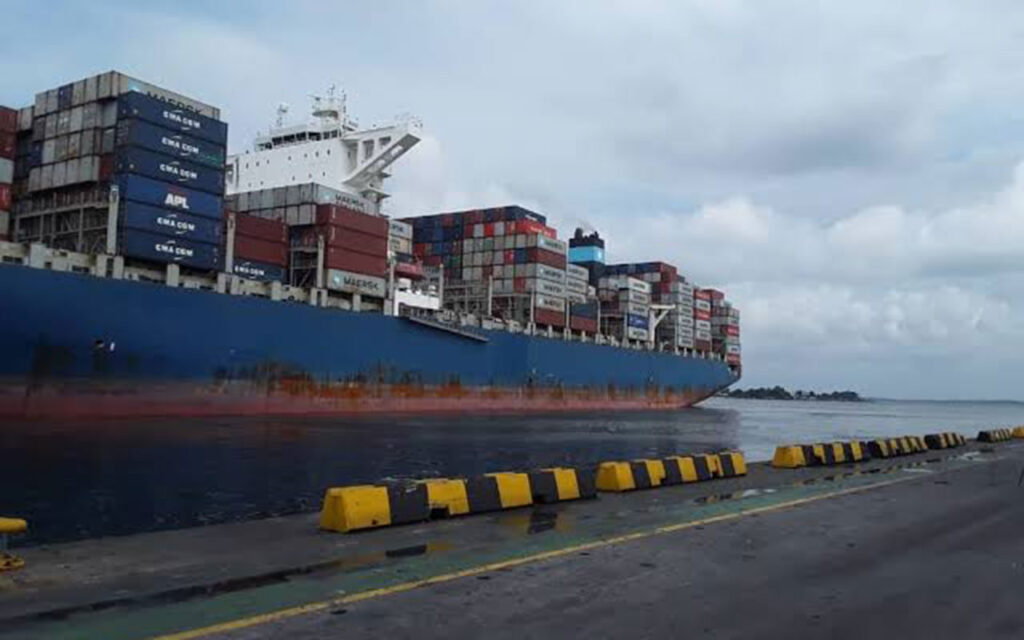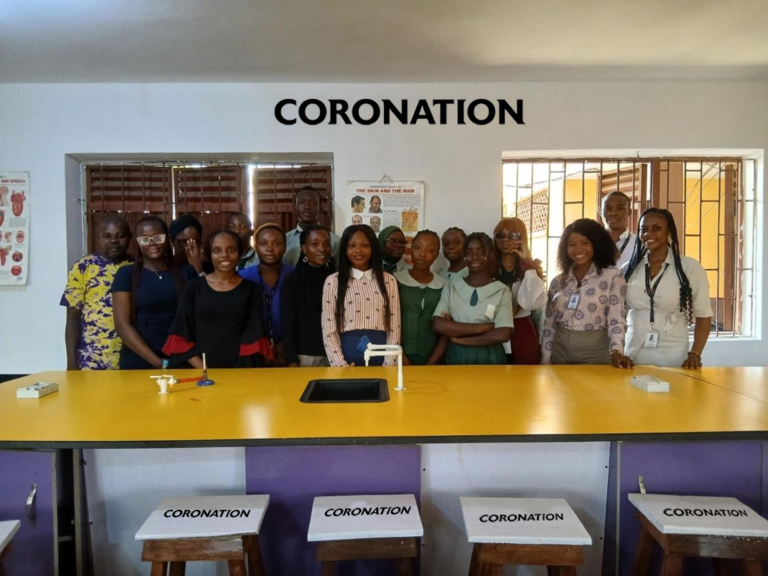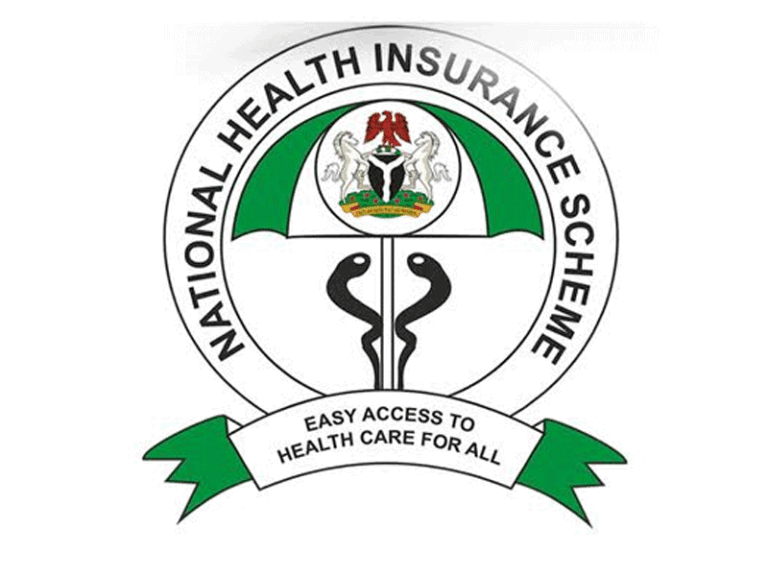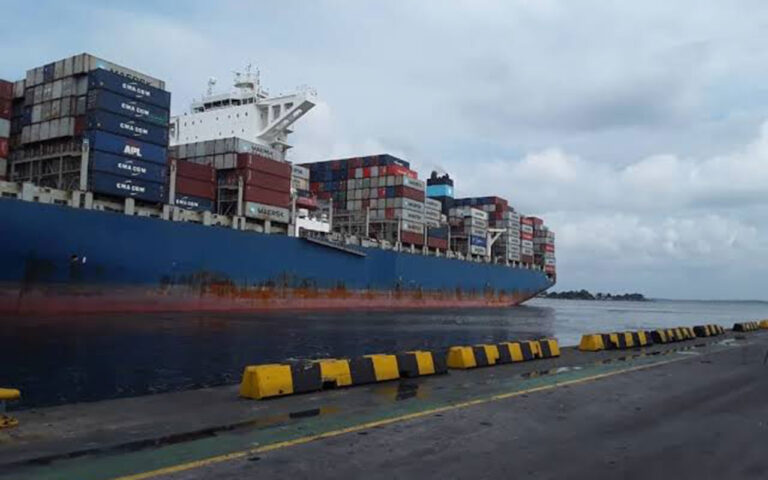
Despite achieving significant improvements in maritime security and receiving international accolades, Nigeria continues to pay a staggering $400 million annually in war risk insurance premiums to foreign insurance firms. Stakeholders are increasingly vocal about the unfairness of these charges, given the absence of piracy or attacks on vessels in Nigeria’s territorial waters over the last three years.
Legacy of War Risk Premiums
War risk insurance, which covers losses from events such as piracy, terrorism, and political instability, has long been imposed on Nigerian-bound cargoes due to a history of maritime crimes. Over the years, operators in Nigeria’s maritime sector have shouldered these surcharges, inflating freight costs for imports and exports.
However, stakeholders argue that the $195 million Deep Blue Project, launched in 2021 under former President Muhammadu Buhari, has transformed Nigeria’s maritime landscape. Managed by the Nigerian Maritime Administration and Safety Agency (NIMASA), the project integrates coastal surveillance, airborne monitoring, response vessels, and command centers to tackle piracy, armed robbery, smuggling, and other crimes.
International Recognition
The effectiveness of the Deep Blue Project has earned Nigeria praise from organizations like the International Maritime Organization (IMO) and the International Maritime Bureau (IMB). The country was even removed from the international list of piracy-prone nations—a significant milestone for Africa’s largest economy, which handles 70% of the continent’s cargo.
Yet, despite these achievements, foreign insurance firms, including Lloyd’s of London, continue to impose war risk surcharges on vessels heading to Nigeria, raising concerns about fairness and transparency.
Stakeholder Outrage
Maritime industry experts have expressed frustration over the continued charges. Charles Okerefe, Managing Director of Kamany Marine Services Limited, questioned why Nigeria still pays hefty premiums despite its improved security record.
“It is our representatives at the IMO who should be pushing for the reversal of issues like war risk insurance,” Okerefe said. “What efforts is the Ministry of the Marine and the Blue Economy making to engage the international shipping community and reverse the trend of charging war risk premiums on vessels and cargoes coming to Nigeria?”
Okerefe emphasized that war risk insurance should be applied only in regions where maritime security remains a concern, noting that Nigeria’s waters no longer fit this profile.
The President of the Nigerian Chamber of Shipping (NCS), Aminu Umar, echoed these sentiments, urging NIMASA and stakeholders to engage the Joint War Committee (JWC)—the body responsible for determining war risk insurance zones. Umar highlighted that the continued imposition of these premiums is inflating shipping costs unnecessarily and penalizing Nigeria for progress made in securing its waters.
A Call for Unified Action
NIMASA has pledged to seek the support of the United Nations (UN) to challenge the war risk surcharges. However, stakeholders insist that more proactive engagement is needed with international shipping communities and Lloyd’s syndicate, which oversees these premiums.
As Nigeria campaigns for Category C membership in the IMO, experts argue that the country’s improved maritime security should be leveraged to demand the removal of war risk premiums.
The Path Forward
Stakeholders believe that reversing these surcharges will not only reduce costs for the maritime sector but also send a powerful message about Nigeria’s commitment to creating a safe and secure maritime environment.
“War risk insurance charges must reflect the reality on the ground,” Okerefe stressed. “Nigeria has made remarkable progress, and it’s time for the global shipping community to acknowledge this by eliminating these unjust premiums.”
The maritime sector now awaits decisive action from the government, NIMASA, and other relevant bodies to ensure Nigeria is no longer unfairly burdened by war risk insurance costs.









